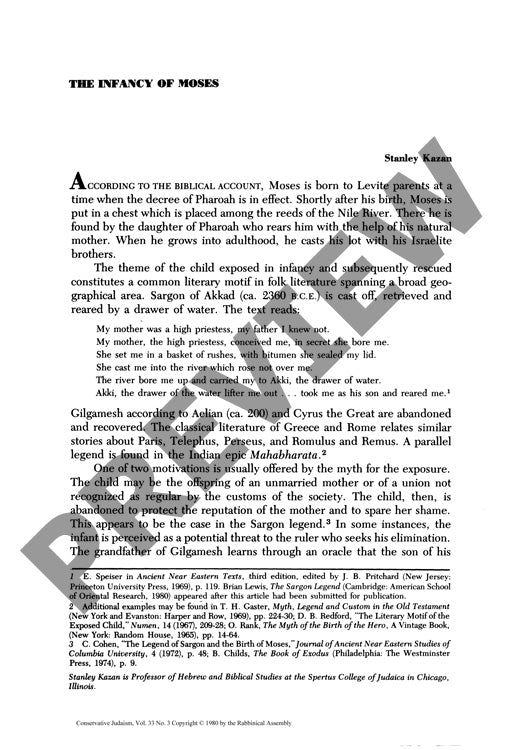The Infancy of Moses
Couldn't load pickup availability
Ancient hero myths across cultures share a common thread: noble-born children, cast out in infancy, rise from humble origins to achieve greatness. Yet the biblical account of Moses' early life deliberately inverts this pattern, revealing a deeper theological and social purpose. Born into slavery but raised in Egyptian royalty, Moses' narrative diverges significantly from parallel stories of exposed infants in Near Eastern and Greco-Roman traditions, including Sargon of Akkad, Gilgamesh, Cyrus the Great, Paris, Perseus, and the twins Romulus and Remus. Through comparative literary analysis and structural examination of mythological patterns, this research uncovers how the Moses narrative systematically subverts conventional hero-myth elements. While traditional exposed-child stories emphasize individual glorification and social ascent, the biblical account prioritizes collective redemption over personal elevation. The narrative's emphasis on Moses' conscious identification with his enslaved Hebrew kinspeople, despite his privileged upbringing, serves to establish a foundation for national liberation rather than individual heroic enhancement. These calculated departures from mythological convention demonstrate the text's distinct purpose in crafting a narrative of communal deliverance that fundamentally differs from analogous ancient literary traditions.

More Information
-
Physical Description
-
Publication Information
Published 1980
ISBN
-
Publication Credits
Stanley Kazan

